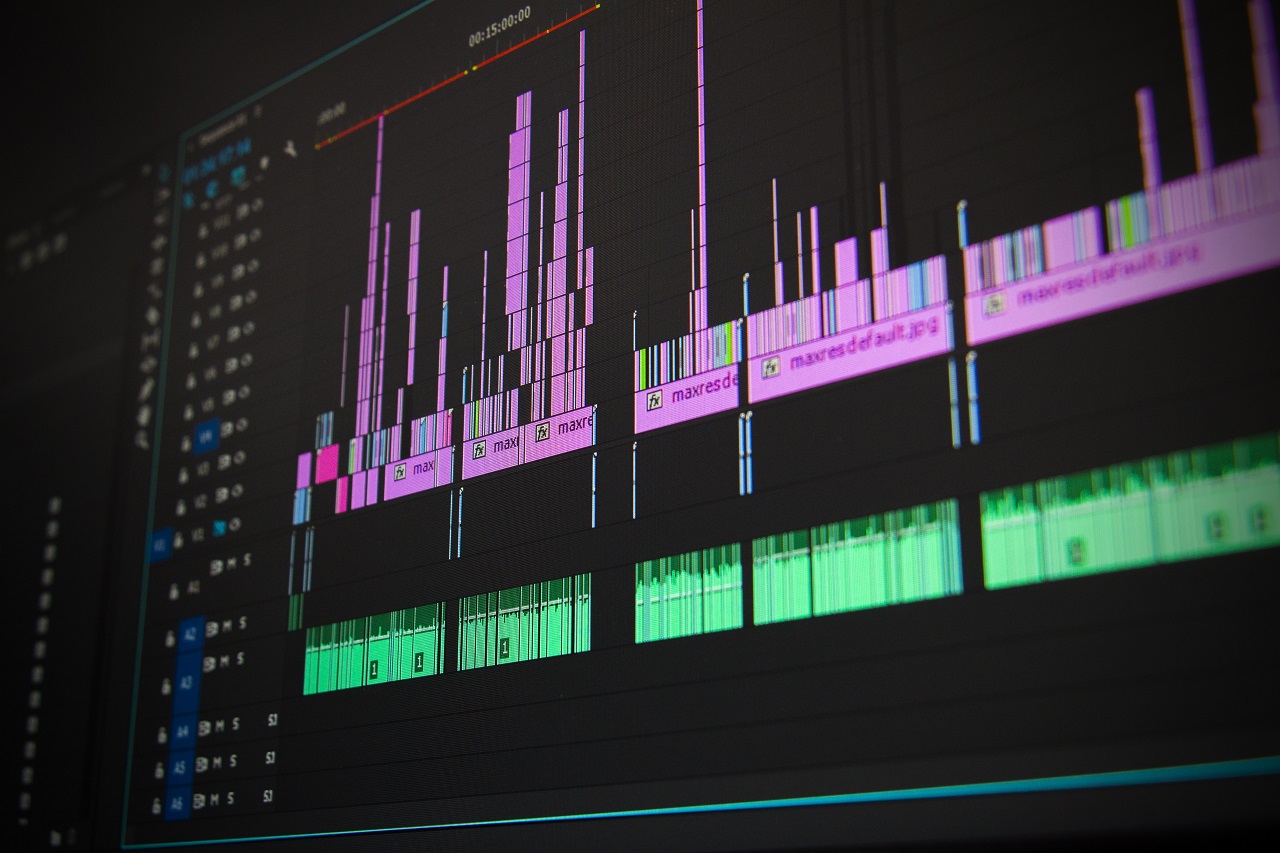
It's likely that you've heard the terms "lossless" and "lossy" compression before, but what do they actually mean and which is right for you? Read on to find out!
Lossless compression is a type of compression that allows data to be reduced without any loss of quality. This is in contrast to lossy compression (see below), which sacrifices some data in order to achieve greater levels of compression. Lossless compression is often used for files that are not meant to be altered, such as images and audio files. One example of a lossless compression algorithm is the Lempel-Ziv-Welch (LZW) algorithm, which is commonly used for image files. Although lossless compression typically results in smaller file sizes than lossy compression, it is often more computationally intensive, making it less practical for real-time applications.
Lossy compression is a type of data compression in which some original data is lost during the encoding process. This is in contrast to lossless compression, which does not lose any data. Lossy compression is often used for images and audio files, where some loss of quality is acceptable in exchange for a smaller file size. The most common type of lossy compression is JPEG, which is used for photos and images. When choosing between lossless and lossy compression, it is important to weigh the trade-off between file size and quality.
As you can read above, lossless and lossy compression are two methods used to reduce the size of digital files. As the name suggests, lossless compression preserves all the data in a file, while lossy compression removes some of the data. Lossy compression is often used for files like audio and video, where some minor degradation in quality is acceptable. Lossy compression can achieve much higher levels of compression than lossless, but it is not suitable for all types of files. In general, lossy compression is best for images and audio files, while lossless compression is better for text and other types of data.
One of the most important choices to make when compressing audio files is whether to use lossy or lossless compression. Both types of compression have their advantages and disadvantages. Lossy compression is much more efficient, resulting in smaller file sizes, but it can also cause a degradation in sound quality. Lossless compression preserves the full quality of the original audio, but the files are much larger and take longer to compress. Ultimately, the choice between lossy and lossless compression depends on the needs of the user. For example, if storage space is limited, lossy compression may be the best option, even if it means sacrificing some sound quality. On the other hand, if it is essential to retain the full fidelity of the original recording, lossless compression is the only way to go.
When compressing an image file you also have the choice between lossy or lossless compression. With lossy compression, some of the data from the original file is removed, resulting in a smaller file size. However, this also means that the quality of the image is reduced. Lossless compression, on the other hand, does not remove any data from the original file. As a result, the file size is reduced, but the quality of the image is maintained. When deciding which type of compression to use, it is important to consider the desired outcome. If file size is more important than quality, then lossy compression may be the better option. However, if maintaining image quality is a priority, then lossless compression is the better choice.